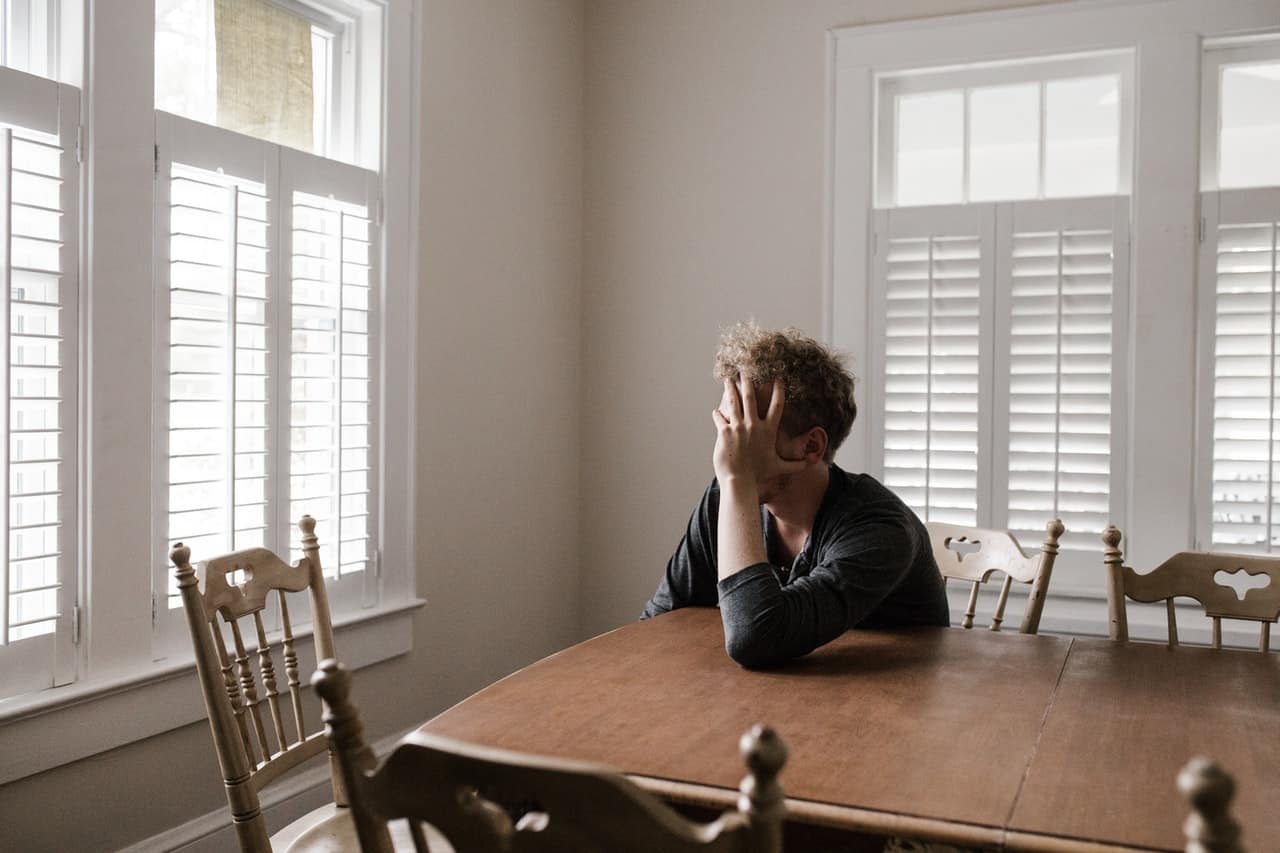No matter if it is friendships or your professional life, communication skills are vital, especially when it comes to talking about your feelings. Acknowledging your feelings helps you feel them and learn to cope with them. It also helps others to help you. No one in your life is a mind reader! Many people in recovery have difficulties communicating their feelings at first, but it gets easier with time. Learning to communicate effectively can help your relationships grow stronger. You’ll also learn how to express your feelings, wants and needs in a way that is safe and appropriate, instead of blowing up when you’re angry or frustrated.
Understand Your Communication Challenges
People all communicate in their own way, but some methods of expressing our emotions can be harmful and make situations worse.
For example, if you have a lot of anxiety, you may decide the best way to communicate your anger is to ignore the situation at all costs. This can lead to resentments, which can cause you to feel bad or angry a lot of the time. Or, you may be a person who only knows how to yell and slam things around when you’re angry. This can make you unapproachable to your loved ones, who often actually want to help you but are afraid of “setting you off”.
There are a lot of ways people communicate that are ineffective. Withdrawing while you are sad gives the message that you want to be alone, but it can also lead people to think you don’t care. When you’re sad, it’s important to let people comfort you! Being able to talk to others is an important part of recovery. It can be difficult at first, but it’s worth learning.
Lying as a Defense Mechanism
When you were using drugs, you probably spent a good amount of time being dishonest. You probably found yourself lying about yourself, your feelings, and what was going on in your life. This was a defense mechanism that helped you avoid the truth about your addiction.
If somebody asked you how you were doing, and you told the truth, it would be alarming both to you and them! Imagine if you were asked how you were doing, and you told the truth: “Well, I’m actually in need of a fix, I’m all strung out, I’m struggling at my job and I’m trying to figure out how to get my next $50 so I can score and pass out on my bedroom floor tonight.”
Lying to others helped you lie to yourself that your life was going okay, even if you were stuck in a spiral. It also helped you avoid your feelings and the facts surrounding them.
Today, it is safe to be honest with yourself about how you feel. People in recovery can help you get through bad feelings safely.
Practicing Honesty
Honesty is integral to working a good recovery program, yet many people with substance use disorders have trouble with it. Being honest starts with the small things you lie about. Do you find yourself answering, “How are you?” with a little white lie when somebody asks? You may be used to telling people you’re “fine” when that’s the furthest thing from the truth.
In recovery, with others who are also practicing honesty, you have the chance to tell the truth about your feelings when asked. Nobody will judge you if you’re having a bad day.
One of the most important things in recovery is being honest about your emotions and learning how to cope with them. In 12-step circles, you can practice talking about anger and other emotions that you often held back when you were using.
For most people in recovery, it was initially a challenge to talk about fear, anger, and anxiety. Keeping a journal can help you work through deciding what you’re feeling. Try sharing just a feeling or two with others when you’re overwhelmed. A burden shared is a burden lessened.
Trusting Others With Your Feelings
It may take you some time to trust others with your emotions. However, in treatment you’ll be in a close-knit community, and it’s the perfect time to explore your emotions (and learn to recognize them).
One you’re out of treatment, if you’re still shy with your feelings, you will need to start to share them with your sponsor at a minimum. The sponsor-sponsee relationship is one that is built on trust. And they will also be able to help you learn to express your emotions with other people in your life.
Ask others in recovery how they learn to be honest about feelings. There’s no one way to go about self-discovery. You’ll learn some valuable tools, and you can take the ones you need and leave the rest.
Getting Help
Are you or somebody you love struggling with a mental health disorder, substance use, or an eating disorder? There is kind and compassionate help available to help you learn to strive and thrive! Learn more about how we can help you reclaim your life through our programs. Give us a call at 949-245-9812.

